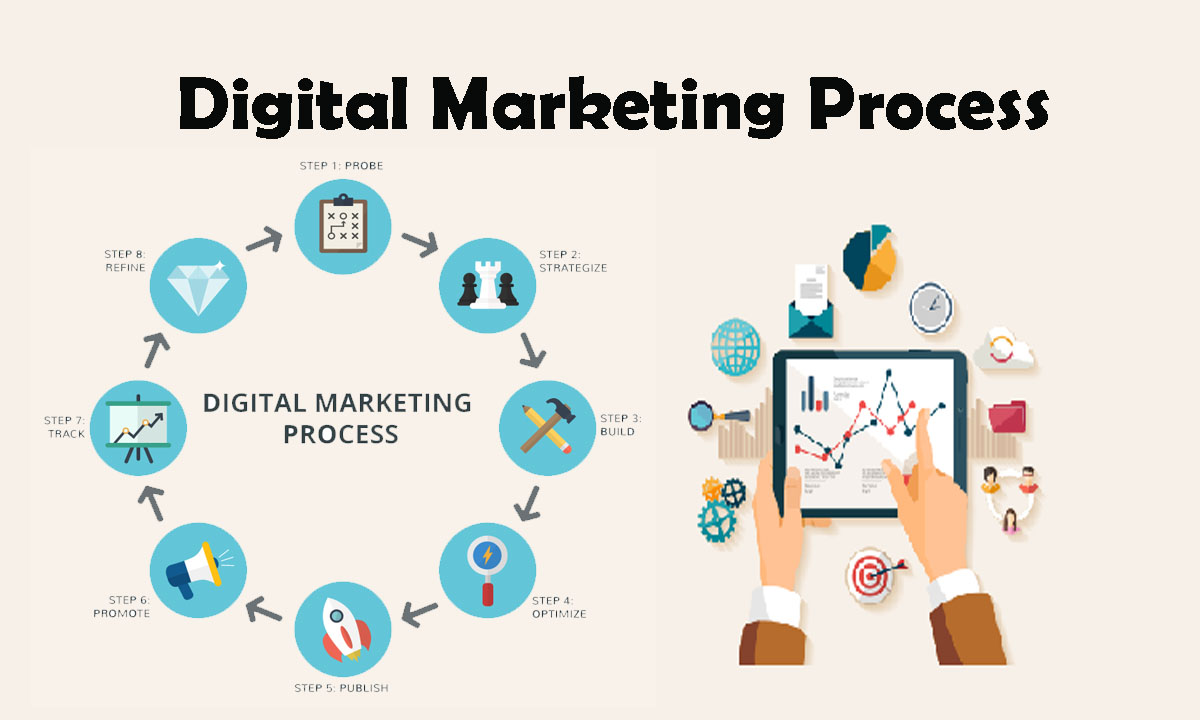The large multinational, the neighborhood bakery, retail chains, clothing, industries – the success of every type of company is conditioned, internally or externally, to the performance of management professionals. But what guarantees prominence in this career? What are the skills of an administrator that make him achieve extraordinary results and be contested by the biggest names in the industry?
If you were curious to know, do not miss this post! In the following, we will talk about the benefits of a career in management and what are the 6 skills that the market values in this career.
Understand the Benefits of Investing in a Business Career
As it deals with all types of companies, the field of business of a Business Administrator is extremely vast. This is possibly the profession that offers the most possibilities on the market and so is always on the rise.
Also, being an administrator has other advantages: your background gives a broad view of how a business operates and needs. This allows him to either act as a general manager (in small and medium-sized companies) or works in a specific department according to his affinities.
In the latter case, when he decides to operate in a specific sector, he is considered by the market to be a functional manager. This is the case of a Finance, Marketing, Production or HR Director, among the many possibilities.
Far beyond his duties, the manager plays certain roles within a company. Some of them are:
symbol: represents the identity of the organization, an embodiment of its values and characteristics;
leader: determines the course of the organization and is accountable for their actions and those of their subordinates;
mediator: is the bridge between different groups that have some kind of interest in the business;
collector: seeks information relevant to the business, inside and outside the company;
disseminator: communicates information and values to keep staff aligned with the organization’s vision;
negotiator: discusses terms until a consensus is reached that is beneficial to all parties involved;
organizer: establishes the best form and order of events, allocates material and human resources to achieve the company’s objectives;
problem solver: identifies threats and provides solutions;
entrepreneurial: proposes innovative ways to achieve results.
Find out what are the marketable skills of a manager
1. Strategic Performance
In business, strategic management is one who can solve current dilemmas while keeping the organization insight, acting, and preparing for the future.
In this way, it creates the necessary conditions for the growth of the company. Know how to implement an effective business plan through the efficient day to day management. Professionals with this feature always have a guaranteed place in the market.
2. Clear and persuasive communication
The administrator acts as the GPS of an organization. It is their role to define not only fate but especially its trajectory.
To do this, they need the ability to express themselves clearly and persuasively to interact productively with their stakeholders. Convincing shareholders, negotiating with suppliers, winning customers – all require great communication skills.
Also, he needs to communicate with his employees. A clear guideline is essential for employees to know what, how and when to do it. This avoids several errors that can compromise the company’s bottom line.
3. The clarity to make tough decisions
Most people prefer to escape circumstances that involve conflict, acting under uncertainty, or the need to evaluate critical factors. Only a small group is challenged and encouraged by these situations – these can be stewards.
Even more so today, management requires a fair amount of boldness mixed with responsibility. Companies that continue as they are are unlikely to survive such a competitive and innovative market. They need to reinvent themselves.
The administrator cannot just follow this flow of change: he must lead it. Therefore, they need to have a clear vision, the ability to analyze data quickly and predict scenarios, and the courage to make tough but necessary decisions.
4. Ability to learn from one’s mistakes
Error is part of every professional’s life and the trajectory of any organization. The only difference is that the successful manager draws lessons from these episodes, making them a source of learning.
The errors allow the administrator to:
recognize your knowledge and skills gaps;
seek to learn to avoid these same mistakes;
know better how your processes, your team, and the market work
find an alternative to address the challenge more mature and accurate.
Although organizations need a lot of success to make a living and profit, some mistakes are part of this process. When they happen, the administrator must be humble enough to recognize and learn from them.
5. Motivation and people development
Today, organizations expect leaders to participate in working with their followers.
However, as organizations are more horizontal and managers need to get their hands dirty, they will still depend on people to achieve much of the results they want.
Its role is strategic, not operational. Therefore, they need the ability to develop their employees, help them to progress technically and also motivate them to have the desire to perform with excellence.
The manager must act as a true team mentor: he presents a project, inspires a vision, delegates responsibility, and tracks individual and group performance.
In this process, he will offer guidance and support to cope with the difficulties. It will follow the step by step of each employee, identifying qualities and pointing out flaws and alternatives to develop human resources.
At the end of each project, the manager not only achieves the result the company wants: he or she “delivers” a more prepared and competent team capable of bringing the company to a higher level of performance and excellence.
6. Permanent Update
No matter how good a manager gets today, a good trader knows the market is constantly evolving. Effective methods now may no longer be appropriate to achieve the goals tomorrow.
Therefore, it is looking for a permanent update. It does this by consulting with reliable sources and investing in constant studies to improve its professional performance.
Also, the successful manager knows that he needs to invest in studies throughout his career. He knows that the knowledge offered by solid courses promoted by recognized institutions is essential to update him on best practices in the business world.



















